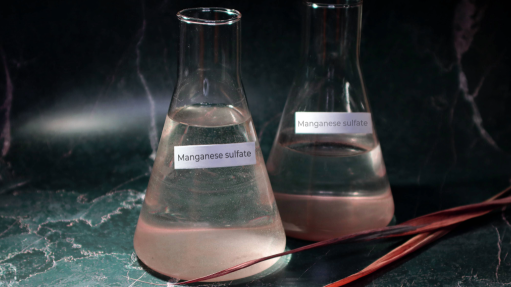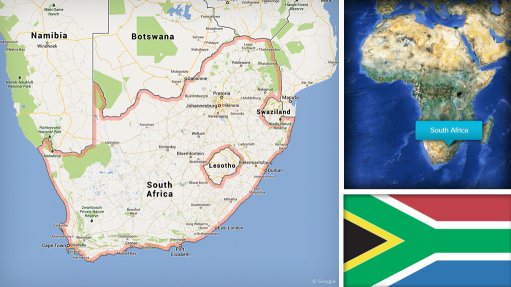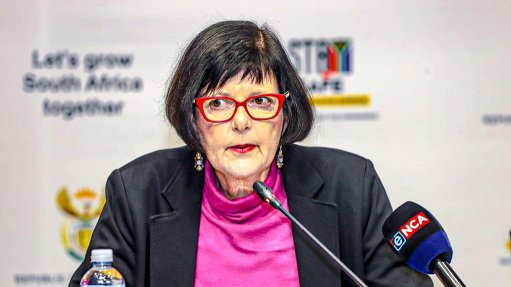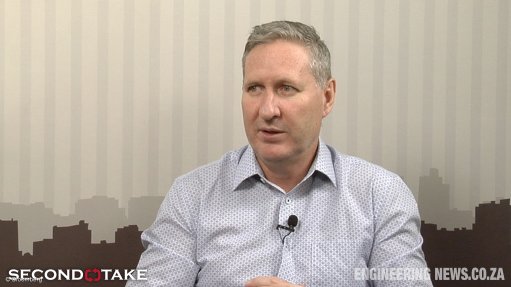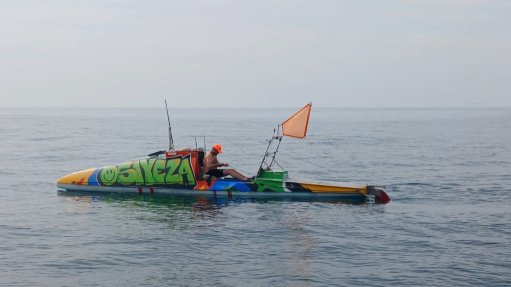Policy uncertainty continues to subdue agri-sector confidence
The Agbiz/Industrial Development Corporation (IDC) Agribusiness Confidence Index (ACI) improved marginally to 46 points during the third quarter of the year, compared with 44 points in the second quarter.
However, with the level remaining below the neutral 50-point mark, Agbiz says agribusinesses are still downbeat about business conditions in South Africa.
The slight uptick in the ACI during the third quarter was mostly underpinned by the general agricultural conditions, export volumes, market share of agribusinesses and employment subindices.
Confidence in agricultural conditions increased by 11 points to 42 in the third quarter.
Agbiz chief economist Wandile Sihlobo explained in a report on Monday that, aside from the weather conditions in the Western Cape and Northern Cape, nothing has fundamentally changed at farm level over the two reporting quarters.
“We suspect that the forecasts for favourable weather conditions in the 2019/20 summer season have influenced the agribusinesses’ perceptions in the survey.
“Additionally, the horticultural firms, financial institutions and other agri-services companies were the ones that expressed optimism, rather than the farming businesses,” he said.
The sentiment around exports volumes increased by 14 points to 50 in the third quarter. Agbiz believes this sentiment was shaped by the 14% quarter-on-quarter uptick in South Africa’s agricultural exports in the second quarter of this year to $2.4-billion.
Sihlobo added, however, that it was yet to be seen if the export momentum was carried through to the third quarter, since actual data would only come out in the next few weeks.
The market share of agribusinesses subindex was at 58 points in the third quarter of the year, compared with 56 in the second quarter.
“Although this is a notable improvement, by historical standards it is still an underperformance. The only firms that expressed positive sentiments on this point were the ones operating within the grains industry,” Sihlobo noted.
Further, he said an improvement in confidence regarding employment from 48 in the second quarter to 58 in the third quarter came as a surprise, given that the third quarter was a fairly quiet period in agriculture, especially following a drought season in some parts of the country.
The subsectors that expressed optimism about employment conditions were livestock and horticulture.
In the third quarter of this year, the sentiment regarding the debtor provision for bad debt fell by five points to 31, which was a slight improvement.
Sihlobo explained that the debtor provision for bad debt and financing costs subindices were interpreted differently from the other ACI indices. A decline is viewed as a welcome development, while an uptick is not a desirable outcome as it shows that agribusinesses were financially constrained.
DECLINING CONFIDENCE
Sentiment regarding turnover, net operating income, capital investment, economic growth conditions and financing costs of agribusiness deteriorated in the third quarter of the year.
The turnover subindex dropped from 58 points in the second quarter of the year to 56 points. The deterioration in sentiment emanated from agricultural firms that operate in summer grains and oilseeds, as well as in the wool industry.
“There were two major factors that explain the slight deterioration in confidence in these subsectors and they were not different from what dominated in the previous quarter. Firstly, the poor summer grains and oilseeds harvest has weighed on the finances of agribusinesses.
“Secondly, while South Africa has made strides in lifting the ban on wool exports to China, there were still some impediments related to sanitary and phytosanitary measures that were yet to be resolved and have continued to constrain exports over the past couple of months, thus weakening agribusiness and farmers’ financial standing,” Sihlobo noted.
In line with the turnover, confidence in the net operating income subindex softened from 48 points in the second quarter to 44 points in the third quarter.
The capital investments subindex fell by nine points to 50 points in the third quarter.
“The deterioration was not broad-based. Some agribusinesses operating within the wine, livestock and grains industries showed an uptick in sentiment, while others were generally pessimistic. And, on balance, sentiment fell in this subindex.
“The consistent points, however, that we continue to hear from agribusiness leaders, was that the lack of clarity regarding land reform and water rights remain an overhang that could constrain the potential expansion in fixed investments.
“Of late, the concerns about the shipping ports' infrastructure and biosecurity were also mentioned as key concerns that could constrain investment and growth of South Africa’s farming sector,” Sihlobo said.
The perception about general economic conditions in the country fell by three points to 24 in the third quarter. This goes to show that agribusinesses were not enthused about the economic outlook, although the second quarter numbers brought a bit of positive news.
In the third quarter of the year, the sentiment around financing costs lifted by 11 points to 44. The uptick in financing costs was attributable to a higher balance sheet utilisation, partly driven by the late and poor summer grain harvest.
The financing costs subindices was also interpreted differently from the other subindices. A decline was viewed as a welcome development, while an uptick was not a desirable outcome as it showed that agribusinesses were financially constrained.
“Although a positive inch in confidence is always a welcome development, it is important to be mindful that the ACI has been hovering at levels below the 50-point mark for the past five quarters.
“We worry that remaining at these levels for a prolonged period could lead to declining investment in the sector, albeit this was not the case in the third quarter,” averred Sihlobo.
He added that, admittedly, some of the factors that had led to subdued confidence in South Africa's farming sector were outside of policymakers’ hands, notably the drought.
However, there were some factors that were within the policymakers’ reach, such as clarity on land reform policy and water rights, increased investments in strengthening biosecurity and shipping ports infrastructure.
“These matters should be prioritised to see an uptick in sentiments and thereafter investment and agricultural economic fortunes.”
Comments
Press Office
Announcements
What's On
Subscribe to improve your user experience...
Option 1 (equivalent of R125 a month):
Receive a weekly copy of Creamer Media's Engineering News & Mining Weekly magazine
(print copy for those in South Africa and e-magazine for those outside of South Africa)
Receive daily email newsletters
Access to full search results
Access archive of magazine back copies
Access to Projects in Progress
Access to ONE Research Report of your choice in PDF format
Option 2 (equivalent of R375 a month):
All benefits from Option 1
PLUS
Access to Creamer Media's Research Channel Africa for ALL Research Reports, in PDF format, on various industrial and mining sectors
including Electricity; Water; Energy Transition; Hydrogen; Roads, Rail and Ports; Coal; Gold; Platinum; Battery Metals; etc.
Already a subscriber?
Forgotten your password?
Receive weekly copy of Creamer Media's Engineering News & Mining Weekly magazine (print copy for those in South Africa and e-magazine for those outside of South Africa)
➕
Recieve daily email newsletters
➕
Access to full search results
➕
Access archive of magazine back copies
➕
Access to Projects in Progress
➕
Access to ONE Research Report of your choice in PDF format
RESEARCH CHANNEL AFRICA
R4500 (equivalent of R375 a month)
SUBSCRIBEAll benefits from Option 1
➕
Access to Creamer Media's Research Channel Africa for ALL Research Reports on various industrial and mining sectors, in PDF format, including on:
Electricity
➕
Water
➕
Energy Transition
➕
Hydrogen
➕
Roads, Rail and Ports
➕
Coal
➕
Gold
➕
Platinum
➕
Battery Metals
➕
etc.
Receive all benefits from Option 1 or Option 2 delivered to numerous people at your company
➕
Multiple User names and Passwords for simultaneous log-ins
➕
Intranet integration access to all in your organisation









